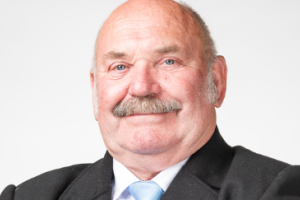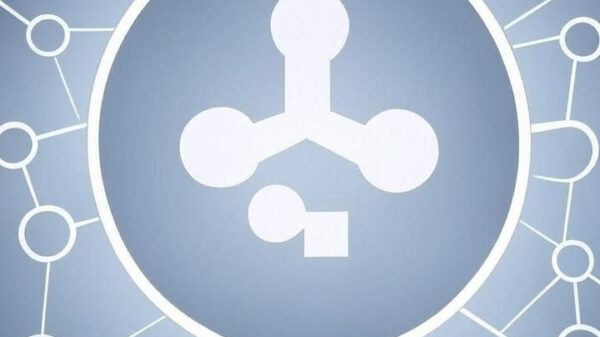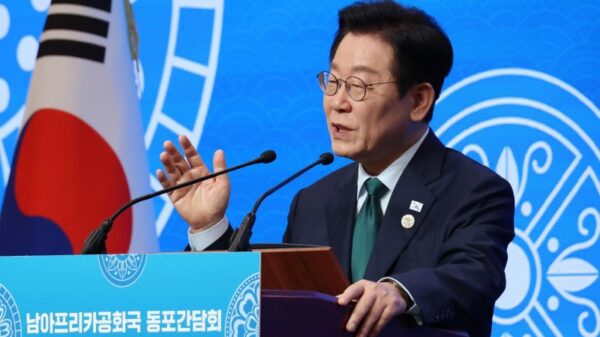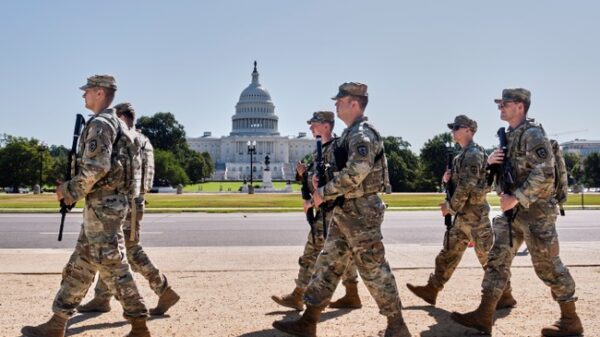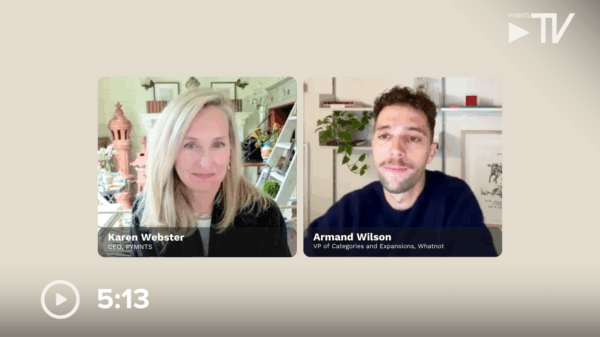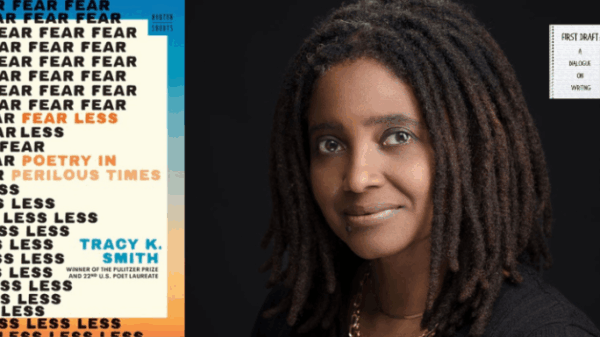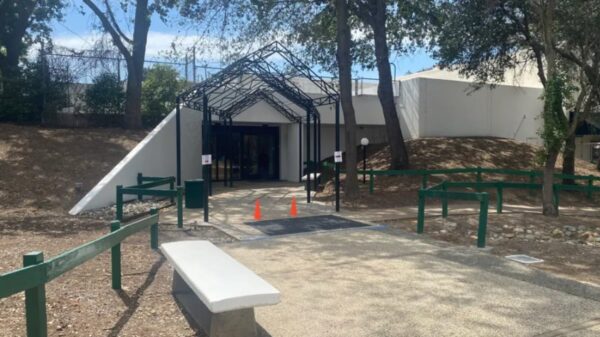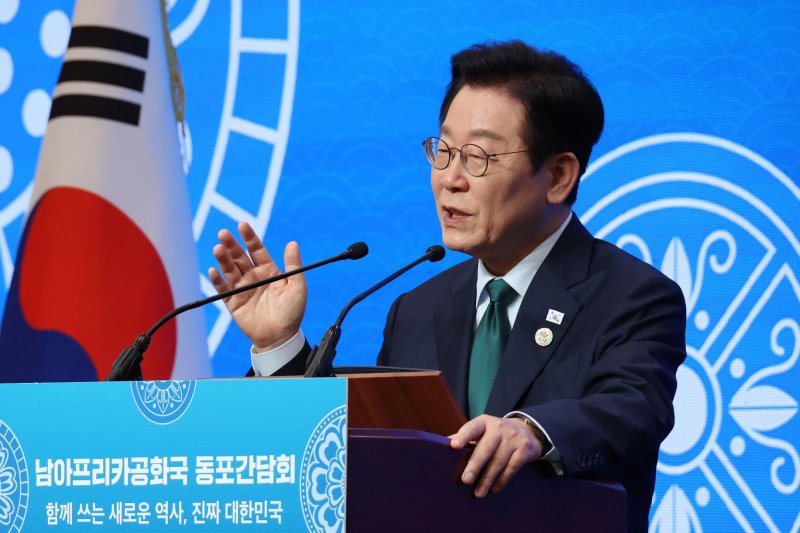President Lee Jae Myung of South Korea stated on Sunday that reunification with North Korea remains the ultimate goal of his administration, describing it as a constitutional duty. Speaking from the G20 Summit in Johannesburg, Lee emphasized the importance of dialogue over unilateral actions in pursuit of this objective. His comments were made in a written interview with Anadolu Agency, ahead of an official visit to Turkey.
“Reunification remains our ultimate goal and is not merely an ideal but a constitutional duty,” Lee noted in the translated interview. He outlined a vision for a gradual and phased reunification achieved through peaceful coexistence and mutual development, reflecting the democratic will of all people on the Korean Peninsula. Since his inauguration in June, Lee has consistently expressed his intent to engage in dialogue with North Korea, stating that his government respects the North’s political system and will not seek reunification through absorption.
Inter-Korean relations remain strained, with communication channels effectively frozen. Lee reiterated that reopening dialogue with Pyongyang is his top priority. “We are ready to talk with North Korea through any channel,” he affirmed, adding that “the door to dialogue will always remain open.” He has coordinated closely with the United States, requesting President Donald Trump to assume the role of “peacemaker” while offering diplomatic support for renewed U.S.-North Korea dialogue.
In response to questions regarding South Korea’s defense strategy, Lee reaffirmed his commitment to the Nuclear Non-Proliferation Treaty. He emphasized the necessity of strengthening extended deterrence with the United States, which encompasses Washington’s assurance to employ its full military capabilities, including nuclear forces. “Amid the persistent threats posed by North Korea’s nuclear and missile programs, the extended deterrence between South Korea and the U.S. is strengthening to more effectively counter any provocation,” he stated.
As the U.S.-China rivalry escalates, Lee highlighted the importance of maintaining stable relations with China, South Korea’s largest trading partner. He also expressed concern about the potential for an arms race in Northeast Asia.
On the topic of South Korea’s relationship with Turkey, Lee indicated a desire to enhance cooperation in the defense and nuclear energy sectors, aimed at advancing the strategic partnership between the two nations. He noted that South Korea’s capabilities in tanks, artillery, and naval systems, combined with Turkey’s expertise in drone technology, present significant opportunities for joint defense projects. Lee cited Turkey’s Altay main battle tank program, which features Korean engines, as a strong example of the bilateral defense relationship. He expressed hope for increased collaboration in joint production, technology partnerships, and personnel training.
Additionally, discussions are underway regarding South Korea’s participation in Turkey’s planned Sinop nuclear power plant on the Black Sea coast, as well as potential cooperation on small modular reactors. These initiatives reflect a broader commitment to enhancing bilateral ties and fostering regional stability.
Lee’s remarks underscore a proactive approach to diplomacy, aiming to navigate complex geopolitical dynamics while prioritizing dialogue and collaboration.


